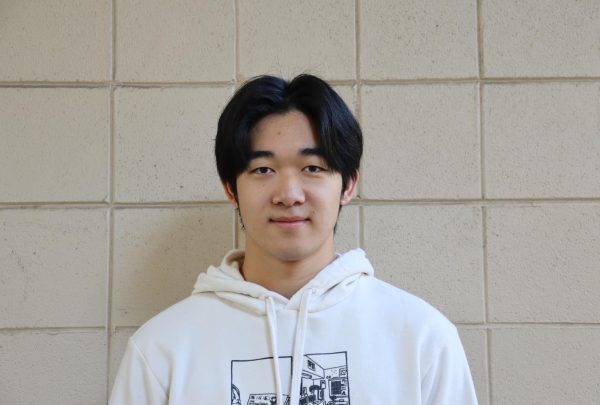Growing up, basketball was always an important part of Class of ‘19 alumnus Sehij Dhindsa’s life. He fell in love with the sport at age 7 when his uncle took him to a Dallas Mavericks game, where basketball hall of famer Dirk Nowitzki’s play fascinated him.
Now, after four years of playing basketball for the school, he returned to coach the boys’ JV team with many of the lessons he learned as a player.
When history teacher Mike Davey assumed the role of head coach for the boys’ varsity basketball team, he presented Dhindsa with this opportunity. Dhindsa agreed immediately, in hopes of creating a winning culture and atmosphere beyond the classroom, focusing on winning as a team, and less emphasis on individual stats.
Dhindsa said that during his senior year of high school, he often played inconsistently, but performed well in CCS playoffs.
“Had I learned to become more of a leader earlier, it would have accelerated my growth,” he said. “But I have no regrets.”
At the school, he experienced every role on the team, starting as a benchwarmer in his freshman year and growing into a key contributor in his senior year, averaging 5.5 rebounds per game and 1.4 steals per game. Dhindsa believes this wide range of experience was necessary for him to become a well rounded athlete and in turn, help him win.
Dhindsa currently attends San Jose State University and no longer plays competitive basketball.
During the Falcons’ season, he tried to foster leaders, especially sophomores like Caleb Yu and Steven Ning. Dhindsa often used the phrase “next man up,” whenever the team faced adversity due to injury or other absences.
He often told the team that he is really grateful for this opportunity, as it got him back involved with basketball and being part of a team.
“Seeing my team is the best part of my day,” Dhindsa said.
In practice, Dhindsa pushed the idea that “patience is key” and emphasized the importance of discipline. During games, Dhindsa often told the team to control the pace.
“Winning will come later,” Dhindsa said. “We need to work together as a team and focus on the little details. That is how we improve. That is how we make a name for ourselves.”
The players were able to see Dhindsa’s true ambitions and talents as a coach. They remained motivated every practice and eager to give it their all to help the team.
“He [Dhinsda] really gets to know the players and always pushes us to be the best version of ourselves,” starting point guard Yu said.
It’s no wonder he connected well with players. Some of Dhindsa’s most vivid high school memories come from playing hoops and achieving feats such as beating rival school Los Gatos in every matchup throughout the four years of his career. In his junior year, the student section roared and stormed the court upon the final buzzer in a 68-67 win against Los Gatos. It was crammed to the extent that the Los Gatos players couldn’t even reach their bench. One year later, the Falcons won again, with a final score of 48-43. In that game, both sides bickered back and forth, and it escalated up until Dhindsa had to be pulled away.
This winter, Dhindsa was focused on improving the games of younger players, some of them bound for varsity in the next year or two. His goal was to figure out how to utilize each team member to maximize potential. He taught the bigs like freshmen Bill Huang, Rian Khetani, and Anatta Chankhunthod how to work their way in the post. Dhindsa also had the guards focus on ball movement and control.
Prior to every game, Dhindsa told his team, “We need five guys to create a winning recipe for 32 minutes of play. Play for each other. TOGA-ther!”
Those lessons didn’t always translate on the court. The team ended the season with a 3-9 record, but under Dhindsa’s leadership, the Falcons made progress and became better versions of themselves.




























